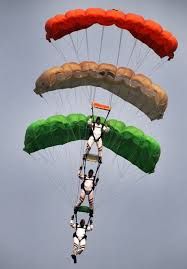 | « Back to article | Print this article |
 On the first day of the World Trade Organization’s ninth ministerial conference in the picturesque Indonesian island of Bali, India seems to be losing the support of the G33 coalition of developing countries in taking a strong position on the proposed Peace Clause.
On the first day of the World Trade Organization’s ninth ministerial conference in the picturesque Indonesian island of Bali, India seems to be losing the support of the G33 coalition of developing countries in taking a strong position on the proposed Peace Clause.
While India has stressed on continuing the four-year Peace Clause, which seeks to do away with the cap on food subsidies for farm support in developing countries, till a permanent solution is agreed upon by all the 159 members, key G33 countries such as China and Indonesia hinted they were willing to agree to the interim period of four years.
Sources quoted Chinese commerce minister Gao Hucheng as saying that while China 'supports and appreciates' India’s stand on the Peace Clause, it will ensure a positive outcome is achieved.
Indonesia, too, said it’s difficult to arrive at a permanent solution right now.
“I think India comes strong in terms of linking the interim solution to the permanent solution, but we also understand where the other guys are coming from. "I think there needs to be flexibility from some side for this to work. I think it is inconceivable to find a permanent solution here.
"I think we can only strike an interim solution here but it's a question of how the shape of the interim solution that will link itself to the permanent solution,” Indonesian trade minister Gita Wirjawan, who is also the chair of MC9, said on the sidelines of a press conference here.
Commerce and Industry Minister Anand Sharma said on Tuesday that a positive outcome of the WTO MC9 is 'the collective responsibility of the entire WTO membership'